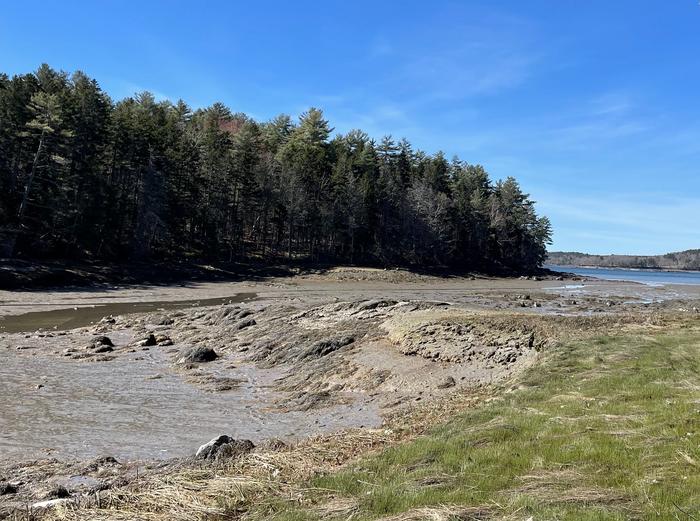ORONO, Maine — Marine ecosystem-based management (EBM) is a growing practice of ocean stewardship and conservation that offers benefits to the production of healthy, local food and the preservation of clean water, as well as recreation, habitation and storm protection in the Gulf of Maine and beyond.

Credit: Heather Leslie
ORONO, Maine — Marine ecosystem-based management (EBM) is a growing practice of ocean stewardship and conservation that offers benefits to the production of healthy, local food and the preservation of clean water, as well as recreation, habitation and storm protection in the Gulf of Maine and beyond.
Despite its benefits and recognition as a keystone practice of ocean stewardship and conservation, adoption of EBM has been slow to take hold. The first mention of EBM was included in U.S. fisheries management guidance documents more than 20 years ago.
Resource managers and policymakers need a proof of concept that this approach can occur incrementally with existing resources and tools. Previous management efforts have been implemented sector by sector focused on fisheries or navigation, but a transformation in ocean management to enable more ecosystem-based approaches is underway.
To support this change in ocean management, a group of researchers and practitioners, including University of Maine marine sciences professor Heather Leslie, have investigated the global progress of marine EBM initiatives.
By integrating connections among different elements of the ecosystem, including people, this approach enables managers to explicitly address trade-offs among different human activities. Acknowledgment of these trade-offs, whether in the context of fisheries management or the protection of endangered species like right whales, is critical to sustaining ecosystem services provided by coastal and ocean ecosystems in the Gulf of Maine and beyond.
Led by Janne Haugen, a postdoctoral research associate affiliated with NOAA Fisheries, the research team conducted a poll of 157 EBM experts worldwide to evaluate progress on global implementation and to identify and address impediments to usage. In fall 2022, the research team convened more than 40 global experts to discuss areas of progress and challenges to this management effort.
During the workshop, experts identified remaining impediments to implementation of EBM: governance; stakeholder engagement; support; uncertainty about and understanding of the approach; technology and data; and communication and marketing. The group also identified that achievable solutions exist for most of these challenges, including political will, persistence, capacity building, changing incentives and strategic marketing of the practice.
“Even in the face of the challenges to coastal communities and ecosystems created by the climate and biodiversity crises, I am hopeful,” said Leslie, a faculty member with UMaine’s School of Marine Sciences and Darling Marine Center. “We have made tremendous progress in understanding marine ecosystems in recent decades, and that knowledge is helping to support implementation of marine ecosystem-based management throughout the world’s oceans.”
The team shared their findings in an article published in the academic journal Ocean Sustainability, published by Nature.
Jason Link, senior scientist for ecosystem-based management at NOAA, said ecosystem-based approaches in the Gulf of Maine and globally have come a long way since he wrote one of the first actionable guidance documents on this approach for the agency.
“Fortunately, we’re mostly past the days of communities asking ‘What is EBM?’ again,” Link said. “Yet there still remain challenges to its implementation, and hence the benefits we could see from adopting EBM more broadly. However, as the title of the paper implies, there are some well-founded and worked-out solutions to overcome these challenges, and they are being developed at a time when the need is ripe for more EBM.”
This study was initiated by the Marine Ecosystem-Based Management Progress Evaluation Group (MEBM-PEG). This group was formed by key EBM practitioners to track impediments to and progress on the practice. They also periodically gleaned key lessons to share with a broader suite of users. Although MEBM-PEG has senior-level personnel from around the world and endorsements from over a dozen major marine, ocean and related organizations, it acts as an independent body solely to ascertain and facilitate progress on the implementation of EBM. The MEBM-PEG sees the value of the practice to solve an array of problems facing marine ecosystems, and remains committed to assisting in its adoption by anyone, anywhere.
Journal
npj Ocean Sustainability
Article Title
Marine ecosystem-based management: challenges remain, yet solutions exist, and progress is occurring
Article Publication Date
12-Feb-2024



